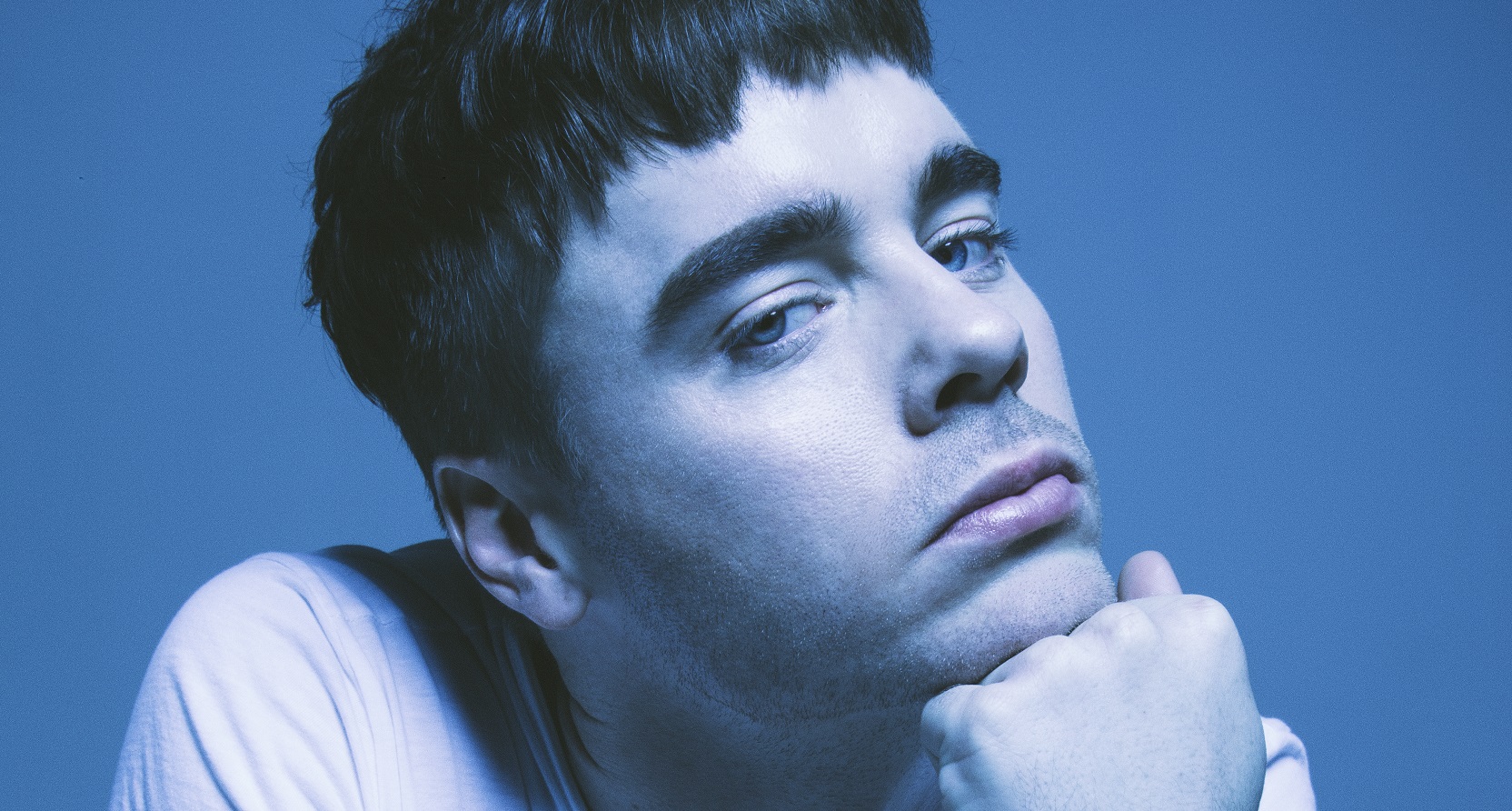Leon Else: The gay singer-songwriter using music to make much-needed noise about mental health
British pop star Leon Else, 29, talks bipolar disorder and making it as a queer musician.
By Will Stroude

This article first appeared in Attitude issue 311, Summer 2019
Words: Thomas Stichbury
You started off as a professional dancer. What prompted you to switch to singing instead?
Singing and song writing were my first love. I just didn’t know how to catch a break in the industry. Performing was a form of medication: I could get out of town and away from a difficult upbringing. Dance happened by mistake. I started aged 15 and ended up being accepted at lots of top schools. I was expelled in my first year, though. Don’t ask…
Who did you listen to on repeat, growing up?
This is where my inner gay comes out: Spice Girls, Céline Dion, Christina Aguilera, S Club 7.
What sets you apart from other male pop stars?
Maybe that I sing and write about my mental health. It isn’t a subject addressed in many songs by other artists, even though we go through shit and it’s a widespread problem.
Your latest single ‘Signs’ sheds light on the issue. What message are you trying to spread?
To tell people that they are not alone, that there is help out there. There is always hope, even in the darkest of times. It’s not always easy to put myself out there and talk about my journey, but if I can help just one other person, it’s worth it. You wrote the track after being diagnosed with bipolar disorder.
How did it feel to have a ‘label’ for what you were feeling?
I was so scared. I thought I was fucked. It was so much to take in. Society thinks — as I did — that it means you’re a psycho, your life is ruined, you won’t be able to live a normal life. But this isn’t true. My life is much more fulfilled. I still have down days, but I now know that, with the right help and medication, I will get back up again. It just takes a bit more work than for other people.
Is anything in particular triggering, and what are your coping mechanisms?
When I had my breakdown, my anxiety was through the roof. Social media was a suffocating black mass that greeted me when I woke up and tucked me in when I went to bed. I try not to go on it so much now. I also take a lot of meditation, which has helped. The best coping mechanism is talking to friends. Talking is the remedy for everything. Stats show that LGBTQ people suffer disproportionately from mental-health issues.

Can you understand why?
I can, because society taught us early on that being LGBTQ is ‘wrong’. But the power of the queer community is a true force, with voices that will be heard and a resilience that will never back down.
When did you come out, and what was the reaction from your family and friends?
I fully came out at 27. I didn’t tell my whole family, just my brother and sister, and my friends. It was such a weight off my shoulders. I don’t believe in regrets, but I do wish I had come out sooner because my life only truly started a year ago, and I’m sad that I suffered for so long.
Did you feel a pressure to stay closeted for the sake of your career?
Maybe, yes… only because of the pressure I put on myself. I thought people wouldn’t work with me, sign me, invest in me or buy my music. I pretended to be straight but that wasn’t due to the industry as such.

If you were doing an all-queer version of Lady Marmalade, who would join you?
I’d be Christina [Aguilera]. Then there would be Sam Smith, Troye Sivan, MNEK and I’d find a cool LGBTQ rapper.
What are your pre-gig superstitions/rituals?
A bottle of tequila, 40 cigarettes, destroy a couple of hotels… seriously, I have to stay hydrated because my medication can really dry out my voice. I don’t want to sound like Marge Simpson.
Which three songs would appear on the soundtrack of your life?
Frank Sinatra’s ‘My Way’ — I did it my fucking waaaaay — Shirley Bassey’s ‘This Is My Life’ (the lyrics are spot on) and ‘Can’t Help Falling in Love’ by Elvis Presley. I want this to be the song for the first dance at my wedding.
Leon’s Beautiful World EP is out now.
